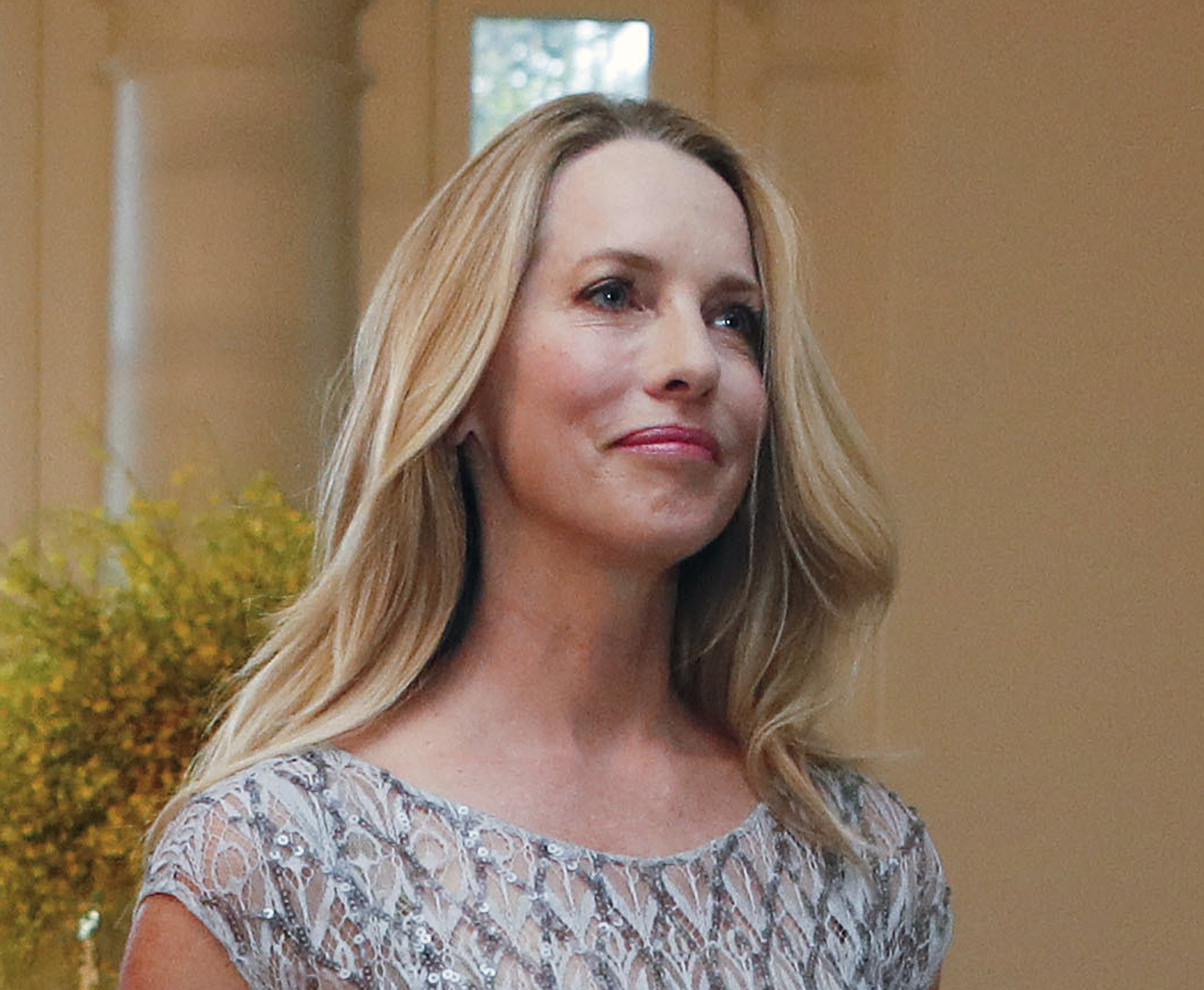New York City to create 40 new and restructured schools with $16M from XQ and Robin Hood

“New York City to create 40 new and restructured schools with $16M from XQ and Robin Hood” was originally published by Chalkbeat, a nonprofit news organization covering public education. Sign up for their newsletters here.
In his latest effort to bolster his education track record in his last two years in office, Mayor Bill de Blasio has teamed up with Laurene Powell Jobs, the widow of Steve Jobs, and the Robin Hood foundation, to create 20 new schools and restructure 20 existing public schools.
Teams of students, educators, and community members will compete for the roughly $16 million in private funding, matched by $16 million in public funding, to launch their new or reconfigured schools under the “Imagine Schools NYC” program, the administration announced Thursday. The initiative was first reported by the New York Times. Half of these winners will be high schools without selective admissions; the others will be a mix of elementary and middle schools.
